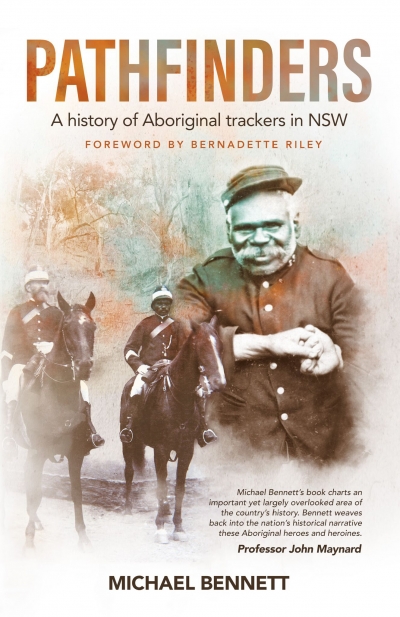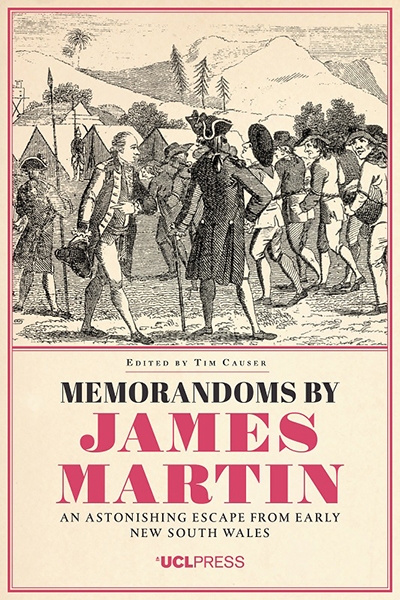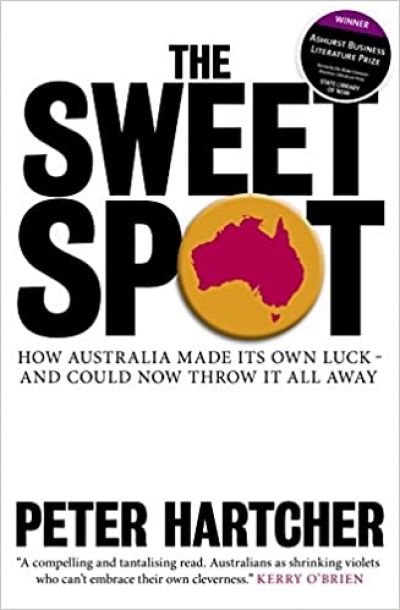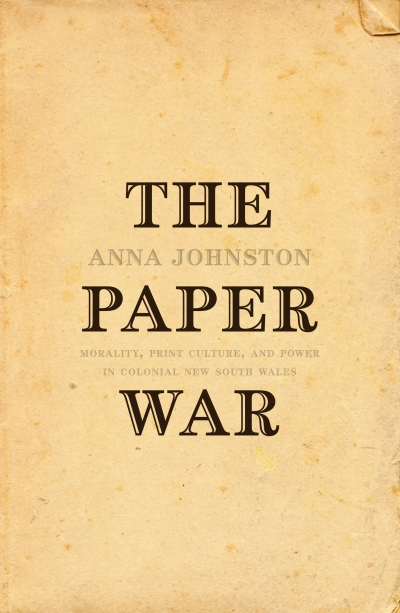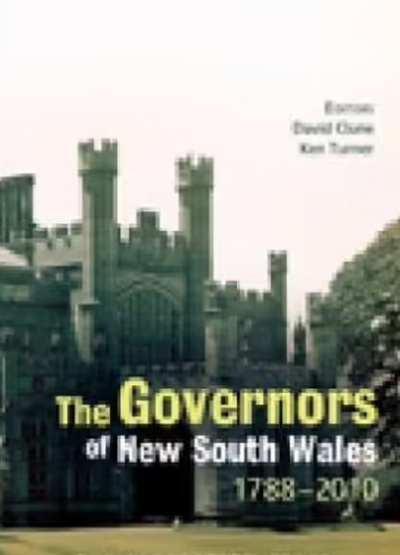New South Wales
Pathfinders: A history of Aboriginal trackers in NSW by Michael Bennett
Memorandoms by James Martin: An astonishing escape from early New South Wales edited by Tim Causer
The Sweet Spot: How Australia Made Its Own Luck – And Could Now Throw It All Away by Peter Hartcher & The Fog On The Hill: How NSW Labor lost its way by Frank Sartor
The Paper War: Morality, Print Culture, and Power in Colonial New South Wales by Anna Johnston
The Governors of New South Wales 1788–2010 edited by David Clune and Ken Turner
Don Watson reviews 'Tubbo' by Paul de Serville, 'The Homestead' by Peter Freeman, and 'Homesteads of Southern New South Wales 1830–1900' by Maurice Canton
Primitive accumulation was a brutal process often performed by gentlemen. Not all pastoralists were brutes – unless they had to be. Not all Aboriginals were murdered – unless they had to be. Facades of normality were hurriedly erected to confound Karl Marx. For a moment the Australian pastoralists could build oases of sophistication on the Australian landscape. For a generation or so they managed to impose a uniquely Australian gentility around the waterholes and rivers. That the phenomenon was a passing one is symbolised by the life and death of James Bourke in the Riverina. A secondary pioneer, he died at the age of twenty-four. His brother Thomas, ‘a fine athletic man’ died of the booze aged twenty-six. The body of his step-uncle, James Peter, was found in the river a few days later: he had been in ‘a severe fit of the horrors’. All sorts of disasters of a man-made kind – from fatal flaws to death duties – combined with the elements to wash away the billabong dynasties.
... (read more)
